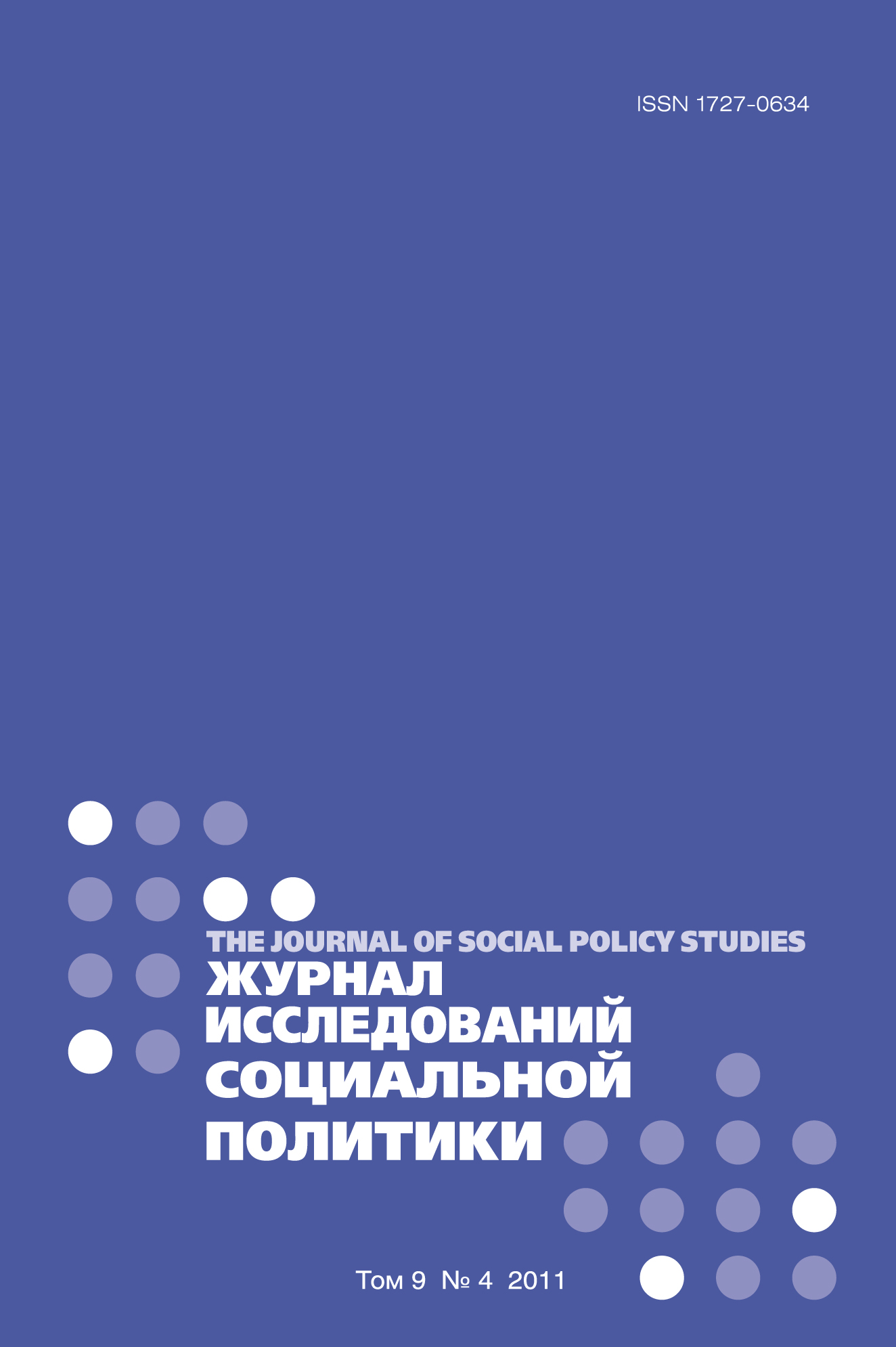House of Friendship of Nations as an object and subject of social transformation: from the Soviet model to the globalized one?
Abstract
The House of Friendship of Peoples (Dom druzhby narodovor DDN) was seen to embody Soviet ideals of freedom, equality and brotherhood between the different ethnic peoples of the USSR. However, social perceptions of non-Russian migrants since the collapse of state socialism have changed: from official discourses of them as nashi(‘ours’), discourses have moved more towards migrants as a cultural Other, with attendant negative connotations. Migrants face significant barriers with housing, education, employment, safety and social integration. This article looks at the transformation of the DDN in the Republic of Tatarstan from a Soviet facility into a globalised institute which is shown to be characteristic of a new form of hybridity, combining the inertia of the Soviet past with market elements, aspects of Western democratic culture, and new forms of post-Soviet state centralization.
Based on fieldwork carried out in Kazan, the research consists of case studies of interaction between migrants, the DDN, and state services relating to migration, including the police. It also analyses state policy on migrants and their status in Russian society. The author discusses migrant strategies for negotiating state structures, network resources they are able to draw upon, and the possibility of social integration. The analysis highlights the systematic contradictions in state social policy on migrants: on one hand, the government declares that migrant workers are necessary and inevitable for the socio-economic development in Russia. However, its actual policy in the field focuses on control and sanctions related to migrants, who are often vulnerable to abuse or exploitation in the state system. Conclusions show that the DDN case demonstrates how, in the complex Russian social environment, public and private spaces of migrant communities interact, making the DDR a symbol of social transformation since the fall of the USSR in its blending of a Soviet discourse of internationalism with a legal discourse of civil society.















